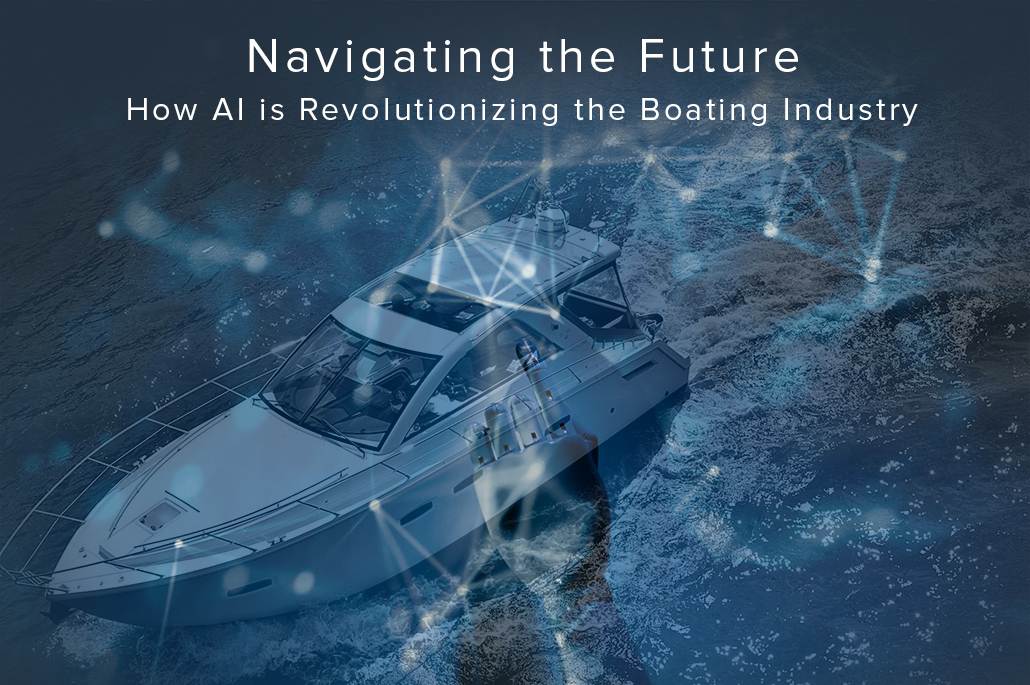AI has the potential to significantly transform the boating industry, enhancing both the experience of boaters and the efficiency of boating operations. Here are some ways AI can change the boating world:
1. Autonomous Boating
- Self-Driving Boats: AI-powered boats could revolutionize recreational and commercial boating by making vessels capable of navigating on their own. Using sensors, cameras, GPS, and advanced algorithms, autonomous boats could navigate without human intervention. This would improve safety, reduce human error, and increase efficiency for tasks like transportation and delivery.
- Autonomous Docking: AI can enable boats to dock autonomously, making it easier for boaters to park their vessels without manual effort, particularly in tight spaces or adverse conditions.
2. Improved Navigation and Safety
- Real-Time Weather and Traffic Analysis: AI systems can analyze real-time weather, ocean currents, and boating traffic to provide optimal navigation routes, avoiding dangerous areas like high waves, storms, or collisions with other vessels.
- Collision Avoidance Systems: Advanced AI can integrate with radar, sonar, and visual systems to predict and avoid potential collisions with other boats, objects, or underwater hazards, improving boating safety.
- AI-Powered Emergency Response: In case of an emergency, AI can quickly assess the situation and alert nearby boats or rescue teams, potentially coordinating a quicker response. AI systems can also advise boaters on emergency maneuvers or actions.
3. Maintenance and Diagnostics
- Predictive Maintenance: AI systems can continuously monitor the health of a boat’s engine, electrical systems, and other critical components. By analyzing data from sensors and historical performance, AI can predict when maintenance is needed, reducing the risk of breakdowns and extending the lifespan of the vessel.
- Smart Diagnostics: When something goes wrong, AI-powered diagnostic systems can identify issues and even recommend specific actions to address the problem. This could make repairs faster and more cost-effective.
4. Smart Navigation Systems
- AI-Based Route Planning: AI can optimize boat routes by considering multiple variables, such as current weather, tides, traffic, and even fuel consumption. Boaters would get real-time advice on the best route to take.
- Enhanced GPS and Navigation: With AI-enhanced GPS, boaters can receive more accurate positioning, even in challenging conditions like heavy fog or busy harbors, reducing the chances of getting lost or disoriented.
5. Energy Efficiency
- Optimizing Fuel Consumption: AI can help boat owners reduce fuel consumption by monitoring engine performance, adjusting throttle, and optimizing speed. This not only lowers costs but also reduces the environmental impact of boating.
- Renewable Energy Integration: AI could also optimize the integration of renewable energy sources on boats, such as solar or wind power, by intelligently switching between energy sources based on real-time needs.
6. Enhanced Boating Experience
- Personalized Boating Assistance: AI can create more personalized experiences on board by adapting to a boater’s preferences, such as adjusting onboard entertainment, lighting, temperature, or even route suggestions based on the user’s past behaviors.
- Virtual Assistants for Boaters: AI-driven virtual assistants could act as a captain’s right-hand, providing voice-controlled assistance for navigation, entertainment, communication, and maintenance management, making boating more enjoyable and less stressful.
7. Boating and Environmental Conservation
- Wildlife Monitoring: AI systems could be used to monitor marine ecosystems, helping boaters avoid harming protected species or entering restricted areas. For example, AI can alert boaters if they are entering a no-wake zone or an area with endangered wildlife.
- Pollution Detection: AI-powered sensors can detect pollution in the water, such as oil spills, and alert both authorities and boaters about contamination. It can also track water quality over time, contributing to better environmental stewardship.
8. Data-Driven Insights for Boating Operators
- Fleet Management: AI can help commercial boating operations (such as ferries, cargo ships, or rental fleets) optimize fleet management, including scheduling, fuel consumption, maintenance, and overall operational efficiency.
- Customer Insights for Boat Rentals: For businesses that rent out boats, AI can provide insights into customer behavior and preferences, helping businesses better serve their clients and improve profitability.
9. AI and Augmented Reality (AR)
- Augmented Reality Dashboards: Combining AI with augmented reality, boaters could view crucial data (such as navigation, speed, fuel levels, and water conditions) directly overlaid onto their field of vision via heads-up displays or AR glasses.
- Interactive Training Tools: AI-powered simulations and AR could be used to train new boaters on how to operate vessels, navigate waters, and handle various emergency situations in a safe, controlled virtual environment.
10. Regulatory Compliance and Legal Monitoring
- Monitoring Compliance: AI systems could help ensure boats comply with local maritime laws and regulations, including speed limits, environmental rules, and safety equipment requirements. Boats could be equipped with systems that alert the owner or operator when they are in violation of regulations, or even automatically adjust their behavior to stay compliant.
- Tracking and Reporting: For commercial shipping, AI can monitor and report the necessary data to regulators in real-time, ensuring compliance with international shipping standards, environmental regulations, and safety protocols.
Conclusion
The impact of AI on boating is multifaceted, offering improved safety, efficiency, and convenience for recreational and commercial boaters alike. With the continued development of AI technologies, the future of boating could see boats that are safer, more autonomous, eco-friendly, and capable of providing more personalized experiences for their users. As these technologies mature, they could also contribute to a more sustainable and smarter boating industry overall.



